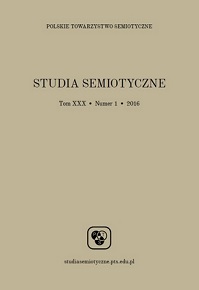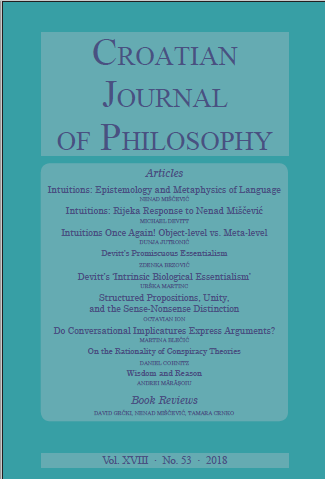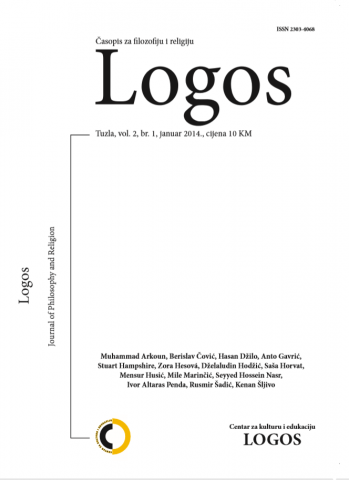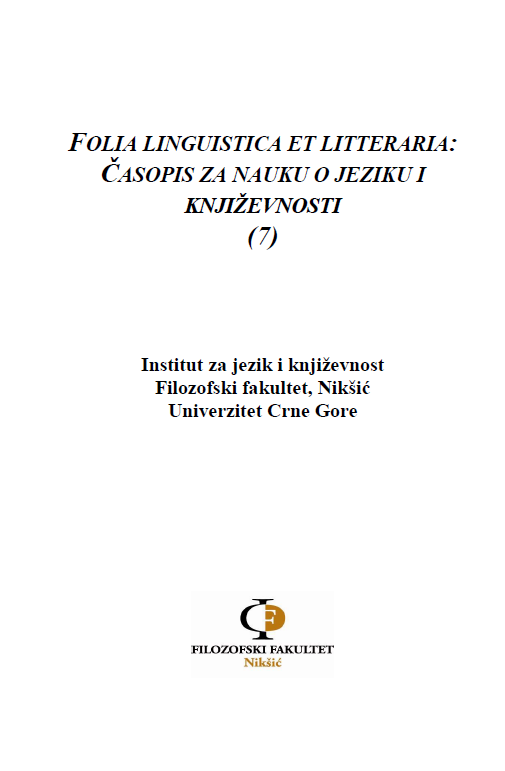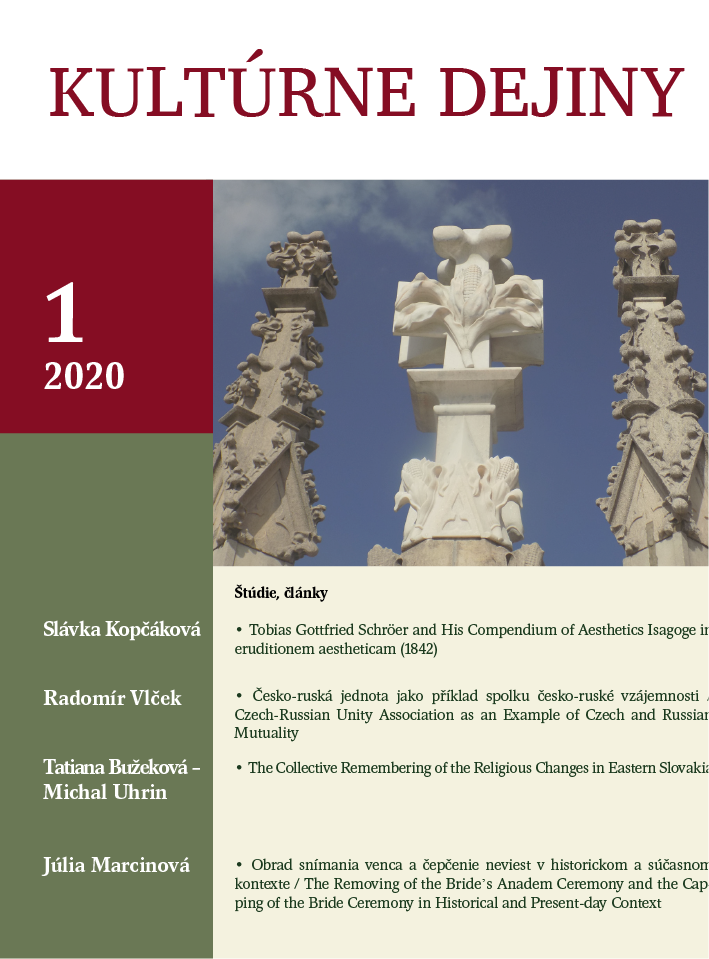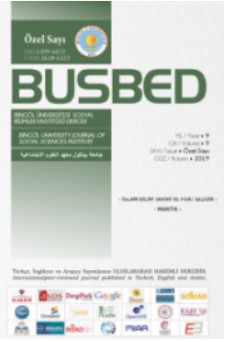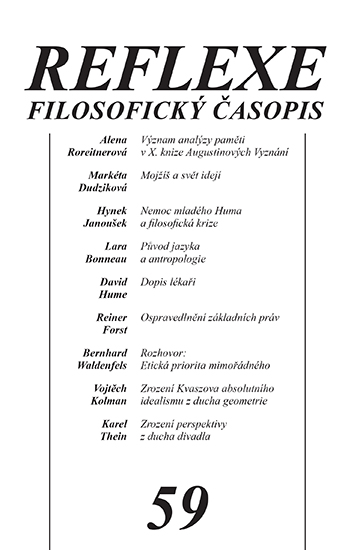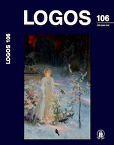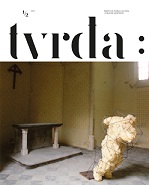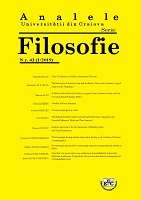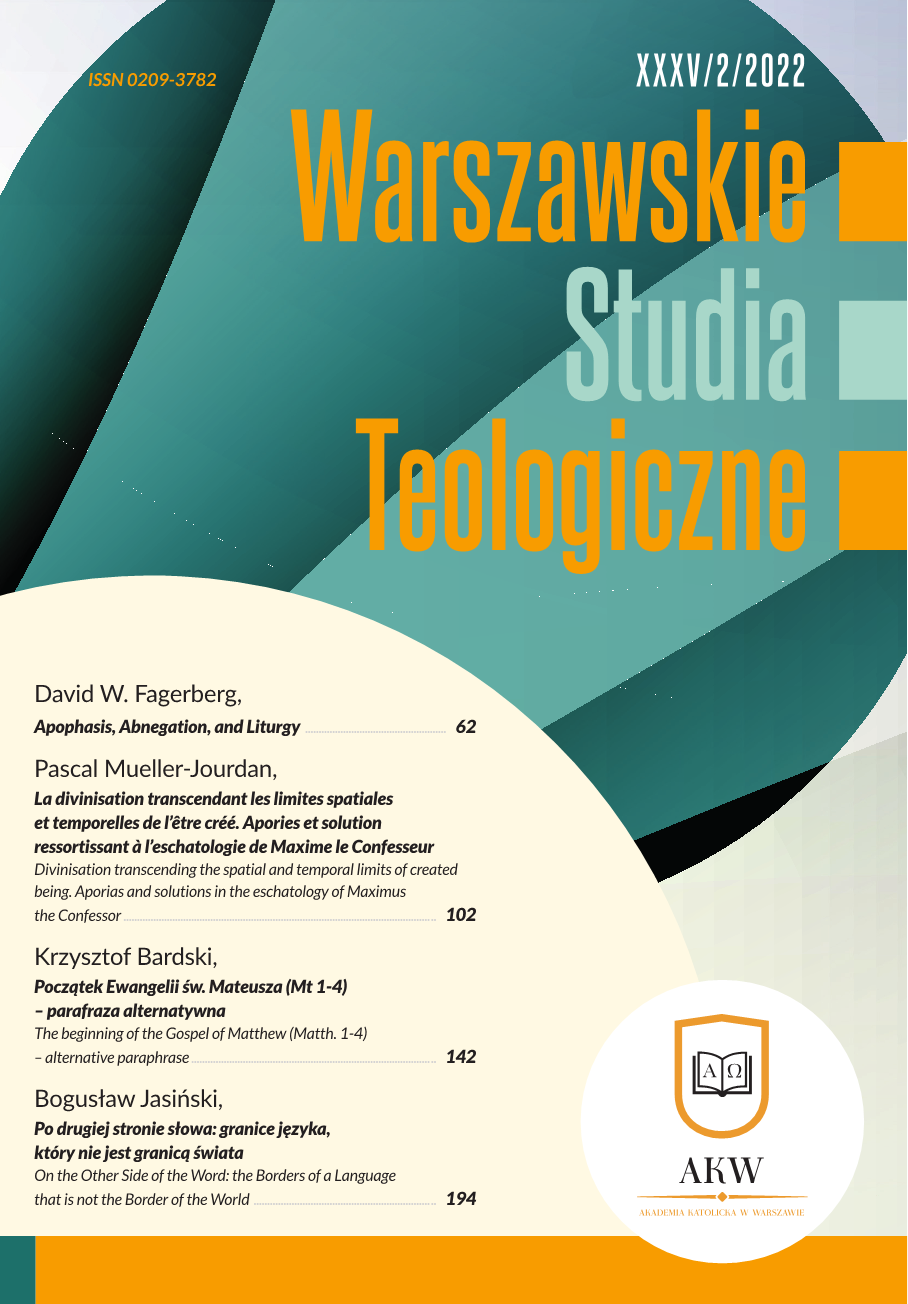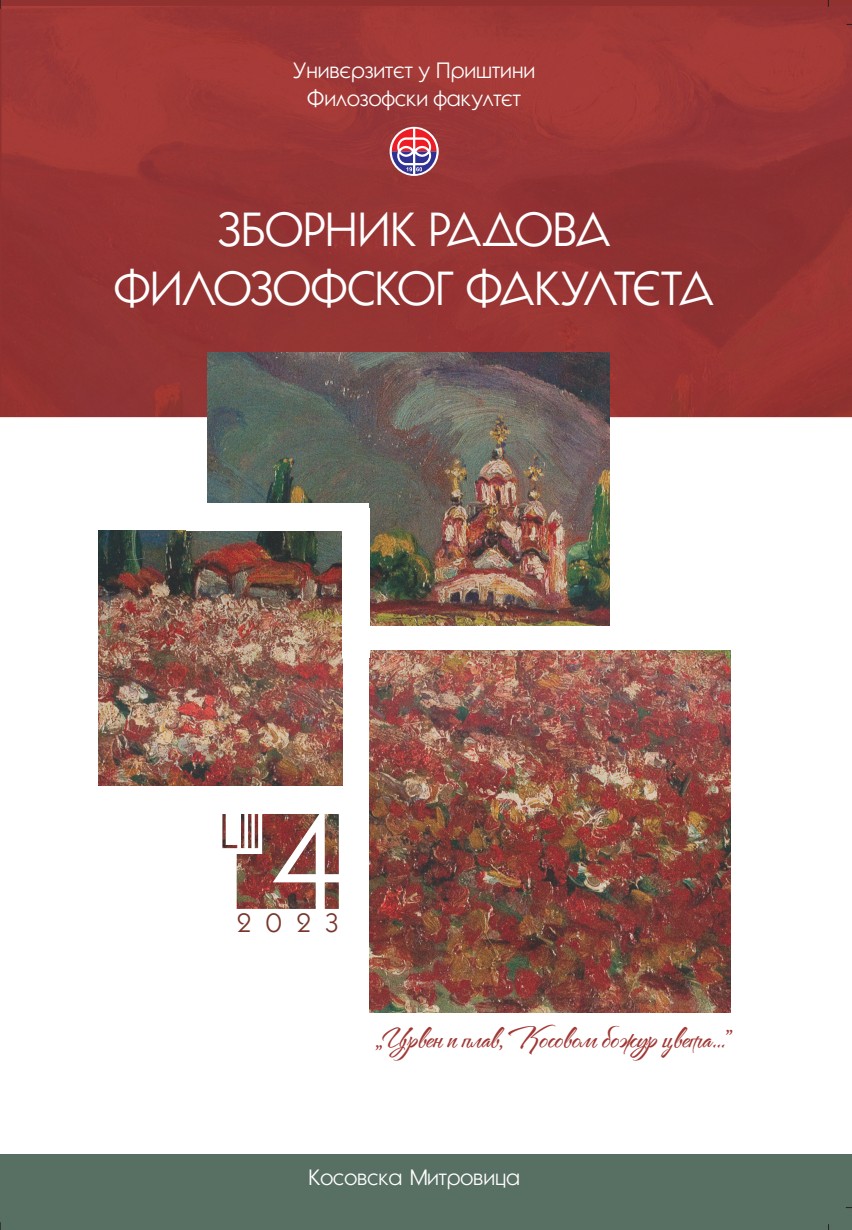Author(s): Giorgio Agamben / Language(s): Croatian
Issue: 1-2/2021
Zaustavimo se na trenutak i osvrnimo se na put koj i smo prešli. Polazeći od iskustva Dasein (biti-ono-tu) u Heideggera i das Diese nehmen (uzeti Ovo) u Hegela, vidjeli smo da se negativitet, u koji oba uvode i »iniciraju« čovjeka, temelji u upućivanju shifter s Da i Diese na čisto zbivanje jezika, različito od onoga što, unutar tog zbivanja, biva formulirano u rečenicama. Ta dimenzija - koja se podudara s onom koju moderna lingvistika određuje pojmom izjavljivanja, no koja u povijesti metafizike sveudilj konstituira sferu značenja riječi bitak - svoj posljednji temelj ima u Glasu. Svaki shifter strukturiran je kao Glas. No Glas koji je ovdje pretpostavljen određen je dvostrukim negativitetom. S jedne strane, pretpostavljen je samo kao odstranjeni glas, kao ono biti-bio prirodnog glasa, i ovo odstranjenje je izvorna artikulacija (ap0pov, ypappa) u kojoj se izvršava prijelaz s ^wvq na Aoyop, sa živoga bića na jezik; s druge strane, taj Glas se ne može izreći u govoru čije izvorno zbivanje pokazuje . Da se izvorna artikulacija jezika može odvijati samo u dvostrukom negativitetu, to znači da govor-jezik je i nije čovjekov glas. Kad bi govor-jezik bio neposredno čovjekov glas, kao što je revanje glas magarca i cvrčanje glas cvrčka, čovjek ne bi mogao biti-ono-tu ni uzet i Ovo , odnosno ne bi nikada mogao iskusiti zbivanje jezika i otvaranje bitka. No ako, s druge strane (kako pokazuju Heideggerova dijalektika Stimmung i Stimme i Hegelova figura Glasa smrti), čovjek uopće ne bi imao glas (čak ni negativni Glas), bio bi i bez svakog shiftera i svake mogućnosti pokazivanja događaja jezika. Glas [Una Voce ] - šutjivi i neizrecivi glas - je najviši shifter koji mišljenju omogućava iskusiti zbivanje jezika i tako utemeljiti dimenziju bitka u njegovoj razlici spram bića.
More...

